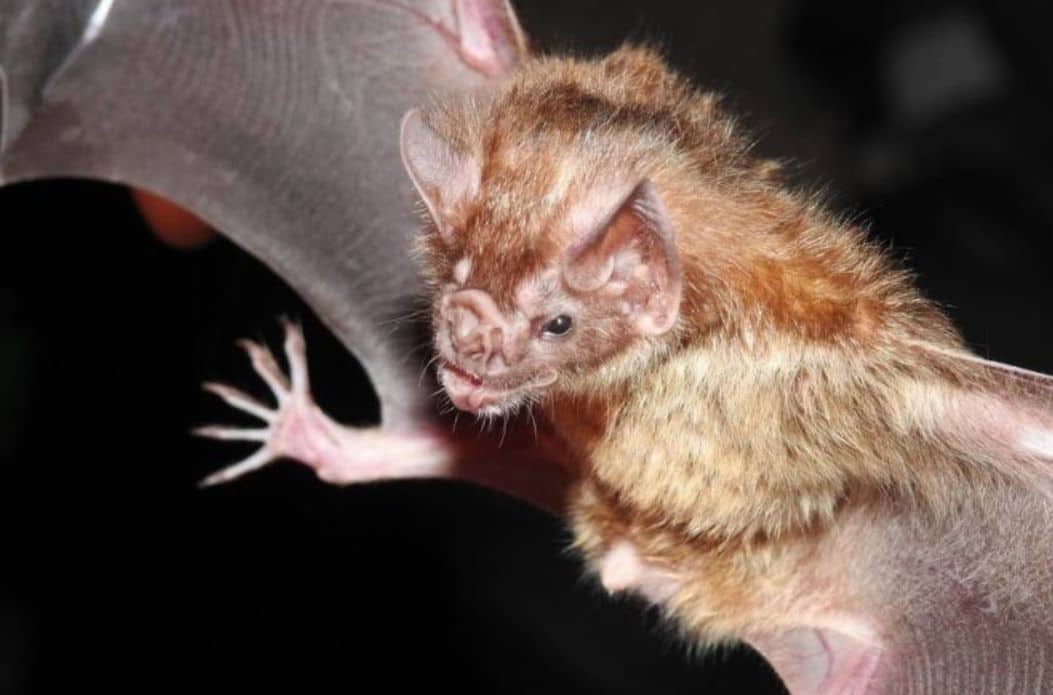These results show that social feedback is important during vocal development, not only in humans but also in other species.
When we talk to babies we make unconscious changes in our voice. But apparently we humans are not the only ones doing it. Recent research reveals that bats act in the same way.
When talking to babies, humans slow down their speech, raise the pitch, and change the “color” of their voices. This increases the baby’s attention and facilitates language learning.
A team of scientists that included researchers from the Smithsonian Tropical Research Institute has explored whether communication directed at their young in bats also led to changes in vocalization.
Different response from Parents
They focused on the sack-winged bat, ‘Saccopteryx bilineata’, a common species from Central and South America with a large vocal repertoire used in the elaboration of complex songs for territorial defense and courtship.
The researchers found that during their first three months of life, as baby bats begin to experiment with their “speech,” adult female and male bats respond to them differently.
Using sound recordings of their vocal interactions, they found that bat mothers interact with the babies while “babbling,” which could be interpreted as a positive feedback to the babies during vocal practice.
Vocalizations directed at babies by mothers had a different “color” and tone than calls directed at other adult bats.
Male bats also communicated with their young, but in a way that seemed to convey the “vocal signature” of their social group, the researchers write in the study, published in the scientific journal Frontiers in Ecology and Evolution.
“These results suggest that adult male vocalizations may serve as guidance for the development of group signatures in pup calls,” says Mirjam Knornschild, associate researcher at the Smithsonian Tropical Research Institute and co-author of the work, in statements collected by SciTechDaily.
“These results show that social feedback is important during vocal development, not only in humans but also in other vocal-learning species like Saccopteryx bilineata“, explains Ahana Fernandez, also author of the study and postdoctoral researcher at The Natural History Museum in Berlin, Germany
“I believe that bats are a very promising taxon to investigate key shared features of language, such as the vocal learning ability, and that this study will inspire further studies in the biolinguistics field,” concludes Fernandez.
